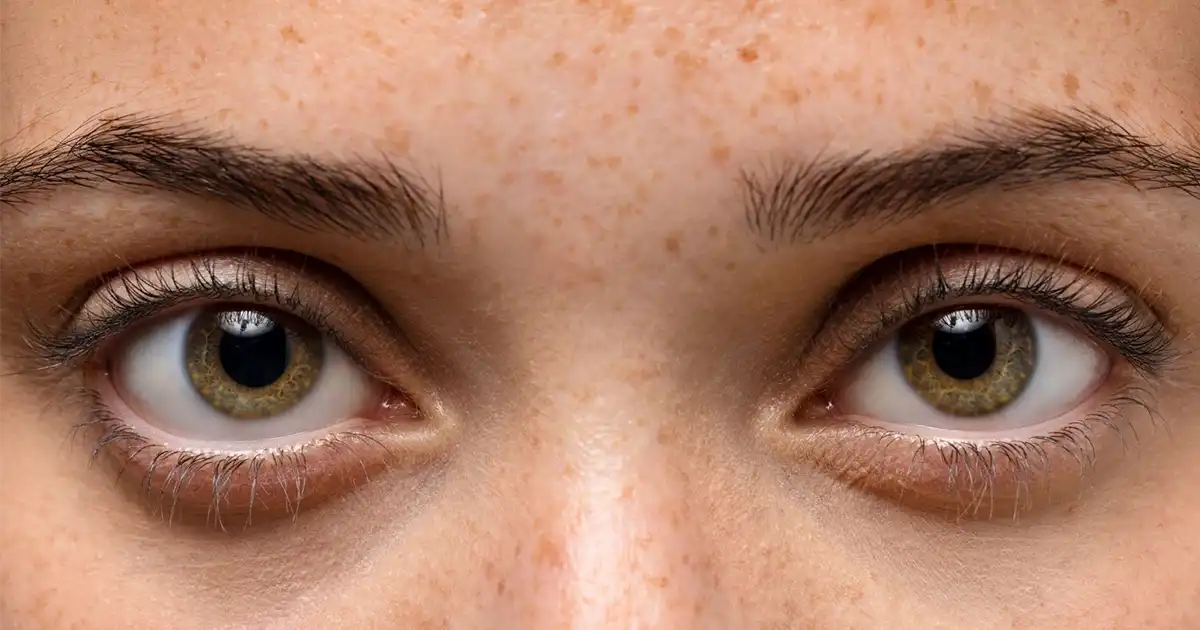Causes of Under Eye Dark Circles:
Genetics: Genetic predisposition plays a significant role in the development of under-eye dark circles. Inherited traits such as thin under-eye skin or hyperpigmentation can contribute to their appearance.
Age: As we age, the skin under the eyes tends to become thinner, making blood vessels more visible. This can result in a darkened appearance due to the underlying vasculature.
Lifestyle Factors: Lack of sleep, excessive stress, poor dietary habits, and smoking can exacerbate the appearance of dark circles by causing fluid retention, inflammation, and skin discoloration.
Sun Exposure: Prolonged exposure to sunlight can accelerate skin aging and lead to increased pigmentation under the eyes, worsening the appearance of dark circles.
Evidence-Based Treatments:
Chemical Peels: Chemical peels containing ingredients like glycolic acid or kojic acid can help improve under-eye discoloration by promoting exfoliation and reducing melanin production. Studies have shown the efficacy of chemical peels in reducing pigmentation and improving skin texture.
Q-Switched Laser Therapy: Q-switched lasers emit high-intensity pulses of light to target melanin deposits under the skin, effectively reducing pigmentation and improving skin tone.
Topical Medications: Topical creams with herbal extracts, peptides, and prescription cosmeceuticals such as licorice extract have shown promise in reducing under-eye pigmentation and improving skin elasticity.
Kojic Acid: Kojic acid, a natural ingredient derived from a fungus, has been found to inhibit tyrosinase activity, the enzyme responsible for melanin production.
Vitamin C: Vitamin C is known for its antioxidant properties and ability to brighten skin tone. Clinical studies have shown that topical application of vitamin C can help reduce hyperpigmentation and improve overall skin radiance, making it a beneficial ingredient for treating under-eye dark circles.
Retinol: Retinol, a derivative of vitamin A, promotes cell turnover and collagen synthesis, leading to smoother and more evenly pigmented skin. Research has shown that retinol-based creams can effectively reduce the appearance of dark circles and improve skin texture over time.
In conclusion, under-eye dark circles can result from various factors, including genetics, age, lifestyle, and sun exposure. However, evidence-based treatments such as chemical peels, Q-switched laser therapy, and topical medications containing peptides, kojic acid, vitamin C, retinol, and herbal extracts offer effective solutions for reducing pigmentation and improving skin tone. Consulting with an aesthetic physician can help determine the most suitable treatment approach based on individual needs and preferences.
#dermaglo #drvinitasharma #undereyedarkcircle #qswitchedlaser #chemicalpeel






